‘The Voice’ was written after Thomas Hardy’s wife died in 1912. It was published in Poems 1912–13, an elegiac sequence that responds to Emma’s death. From this poetry collection, ‘The Voice’ is, perhaps, one of the most recognized and best-known poems of the sequence. The poem’s main themes are death and loss, and memory and past.
The poem has four quatrains and an ABAB CDCD EFEF GHGH rhyme scheme. Nevertheless, the rhythm changes in the final quatrain to accentuate emotion and grief. The syntax also accompanies the despair and the sentiment of the lyrical voice.
The Voice Thomas HardyWoman much missed, how you call to me, call to me,Saying that now you are not as you wereWhen you had changed from the one who was all to me,But as at first, when our day was fair.Can it be you that I hear? Let me view you, then,Standing as when I drew near to the townWhere you would wait for me: yes, as I knew you then,Even to the original air-blue gown!Or is it only the breeze, in its listlessnessTravelling across the wet mead to me here,You being ever dissolved to wan wistlessness,Heard no more again far or near?Thus I; faltering forward,Leaves around me falling,Wind oozing thin through the thorn from norward,And the woman calling.
The Voice Analysis
First Stanza
Woman much missed, how you call to me, call to me,
Saying that now you are not as you were
When you had changed from the one who was all to me,
But as at first, when our day was fair.
The first stanza sets the scene. The opening line captures the feeling of the poem; a feeling of grief and lamentation (“Woman much missed”). There is a distance in these first words, which is reinforced by the alliteration in the beginning of the line and the repetition that follows (“how you call to me, call to me”). This accentuates the lyrical voice’s desire and longing for the woman. The lyrical voice says that his relationship with this woman has changed (“now you are not as you were”) and that it has deteriorated (“When you had changed […]”). There is a longing for that moment “when our day was fair” when the relationship was merry and prosperous. To accentuate the grief in his words, the lyrical voice uses enjambment to portray confusion and distress.
Second Stanza
Can it be you that I hear? Let me view you, then,
Standing as when I drew near to the town
Where you would wait for me: yes, as I knew you then,
Even to the original air-blue gown!
The second stanza starts with a question. The lyrical voice has doubts about the woman (“Let me view you, then”) and wishes that she could be there again (“Standing as when I drew near to the town”). There is another remembrance, where the same happy relationship is evoked: “Where you would wait for me”. Everything seems quite uncertain for the lyrical voice, as he uses subjunctive and conditional modes alongside questions. The “original air-blue gown” connects with the idea of wind that is going to be expanded in the next stanza, but it also suggests the delicacy of the moment and the lyrical voice’s inability to hold on to the relationship. This is accentuated by the use of the exclamation mark, which suggests great emotion.
Third Stanza
Or is it only the breeze, In its listlessness
Travelling across the wet mead to me here,
You being ever dissolved to wan wistlessness,
Heard no more again far or near?
The third stanza continues with the wind imagery. The lyrical voice’s uncertainties grow stronger and the whole quatrain serves as a question. Like in the previous stanza, the woman’s existence is doubted as well as her possibility of reuniting with the lyrical voice. The sibilant sounds and the onomatopoeic imitation of the wind continue with the idea of hesitation and intense emotion. This is particularly seen in the last line, where the stanza culminates with a question mark.
Fourth Stanza
Thus I; faltering forward,
Leaves around me falling,
Wind oozing thin through the thorn from norward,
And the woman calling.
The final stanza presents a shift in tone and focuses on the lyrical voice’s present. There is a different rhythm throughout the stanza that emphasizes the idea of “faltering forward”. Everything around the lyrical voice goes on: “Leaves around me falling,/Wind oozing”. Nevertheless, the lyrical voice continues to love the woman (“And the woman calling”) despite being unable to meet her again. The falling of the leaves suggests the arrival of autumn and the idea that some time passed and the lyrical voice continues with his illusion of reuniting with the woman. This final scene conveys the tone of the entire poem, a sense of grief and emptiness towards the loss of the woman and, moreover, the lyrical voice’s longing to keep her alive in his memories.
About Thomas Hardy
Thomas Hardy was born in 1840 and died in 1928. He was an English novelist and poet. Thomas Hardy was greatly influenced by southern England, where he was born and raised. His works expand through the Victorian and the Modern era. Thomas Hardy was critical of Victorian society, especially on the declining status of rural Britain. Although he thought of himself as a poet, Hardy was mainly seen as a novelist. He wrote novels like Far from the Madding Crowd, Jude the Obscure, and The Mayor of Casterbridge. Moreover, Thomas Hardy published eight volumes of poetry during the last twenty years of his life. His most known works are his lyric poems which influenced great poets such as Philip Larkin, Robert Frost, W.H. Auden, among others. Thomas Hardy’s poetry focuses on the musical aspects of language, by paying attention to the different possibilities of sound. He was greatly influenced by the Romantic Movement, and especially by William Wordsworth.





I am the first commentor
Congratulations!